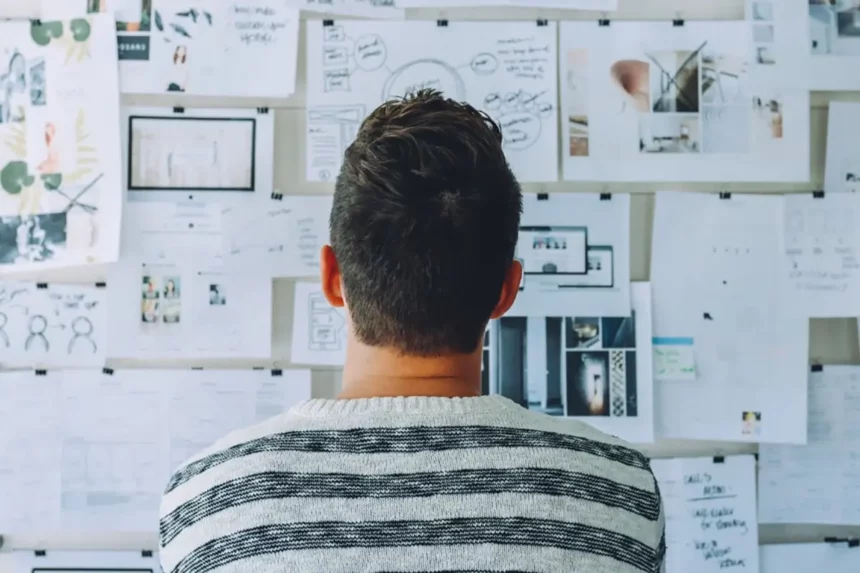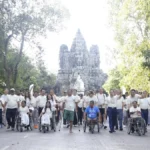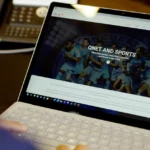If you are wondering how to turn distractions into positives in your direct selling journey, you’ve come to the right place. The word ‘distraction’ often has many negative connotations attached to it. However, our very own Dato Sri Vijay Eswaran has given us advice on how to turn distractions into positives, and how you can utilise them as a benefit to your life rather than a hindrance. Read on to find out if distractions stop us from attending to our priorities, impacting negatively on our productivity and performance, or if distractions can be a positive force.
How To Turn Distractions Into Positives
Here is a list of do’s and don’ts of nurturing positive distractions, according to Dato.
Do
- Embrace your distractions rather than downright reject them.
- Allow sufficient time for these distractions but manage them wisely.
- Use distractions as a form of pain or stress reliever, and to improve our overall physical or mental well being.
Don’t
- Get ‘addicted’ to these distractions and get carried away with them.
- Spend too much on them to the point where they affect your priorities.
- Allow yourselves to indulge heavily in unhealthy distractions and habits.
Dato Sri Vijay Eswaran’s Take On Positive Distractions
In the words of Dato Sri Vijay Eswaran, “Distractions are not all bad, it’s how you indulge in them and manage them.” Distractions can have a positive effect not only on our general well being but also in the workspace and turning them from a negative to a positive could be key to unlocking even more of our potential. Dato believes that we can definitely allow time for distractions and they can play an extremely useful role, but we must not get ‘addicted’ and manage them properly. Oftentimes they are pain or stress relievers and we must know how or when to utilise them. We can label these as healthy distractions. If incorporated in the right manner, they can become a staple part of our lives and not only improve life outside of work, but also the quality of work we produce in our jobs. We must learn to turn them from a negative into a positive.

An example of a healthy distraction would be doing a form of exercise or sport in spare time, either as a stress reliever or for pure enjoyment. This doubles up in giving us both a break from work and also increasing our physical well being. On the contrary, spending too much time or getting ‘addicted’ to unhealthy habits such as video games would have an adverse effect on our quality of life and work.
Remember distractions can be positive or negative, but it’s how we choose to manage and utilise them which defines this! What do you think of Dato’s advice on how to turn distractions to positives? Which of these tips will you follow? Let us know in the comments.







Thanks for the pieces of advice
Thank you very much Chief and I remain faithful and committed in building my network as a Liberian.